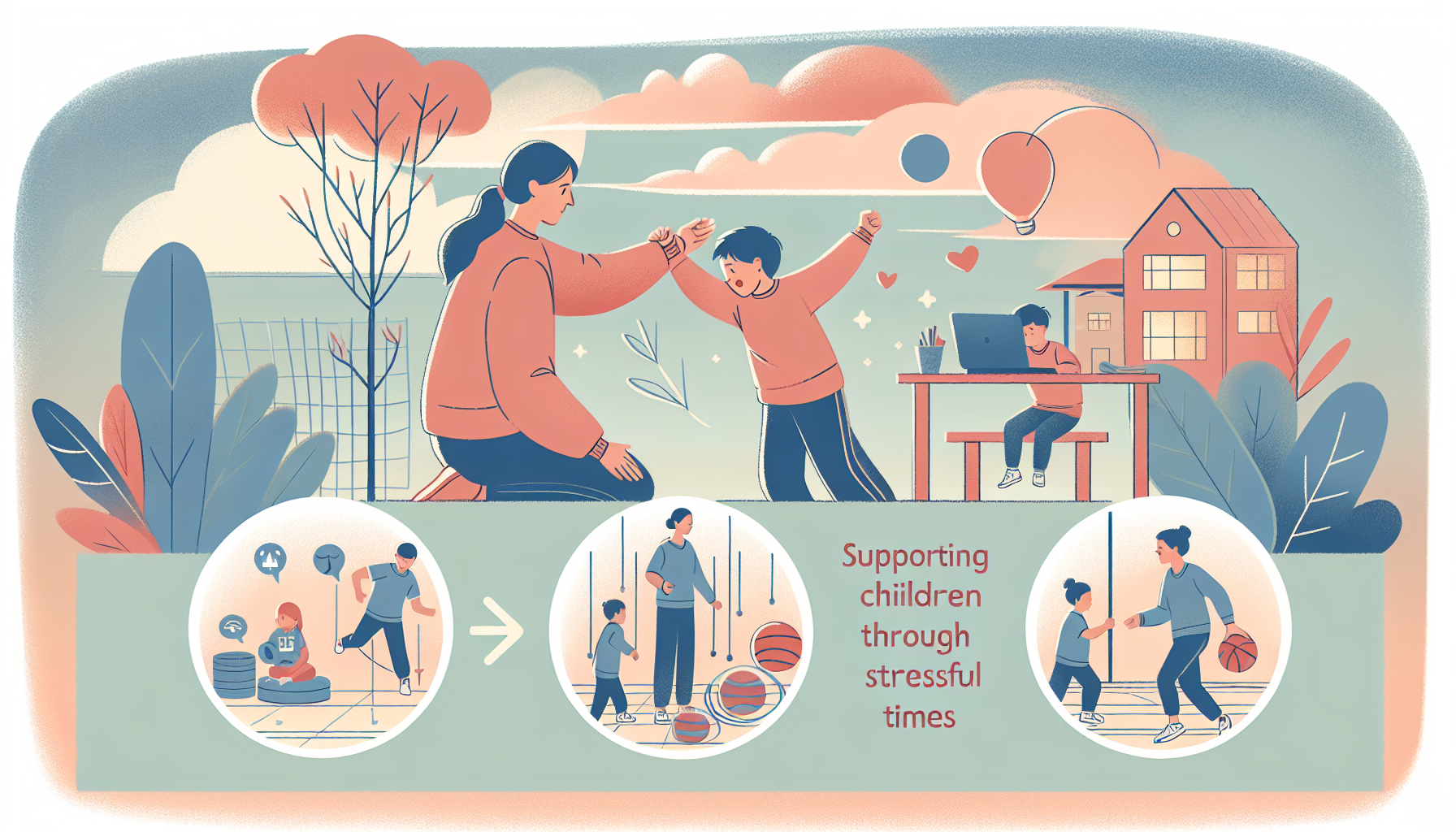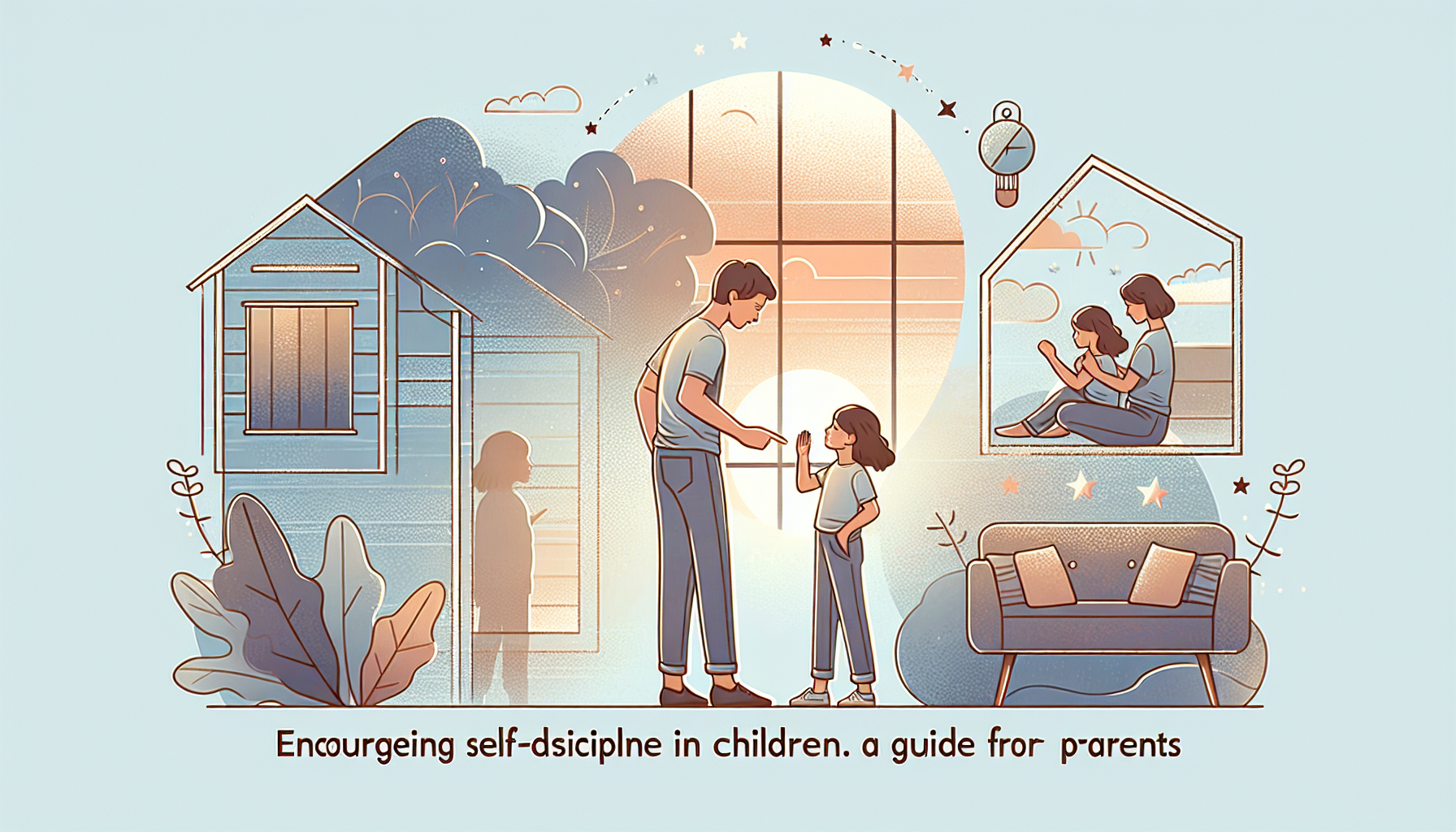How to help your child cope with stress
How to Help Your Child Cope with Stress In today's fast-paced world, children are experiencing stress at unprecedented levels. As parents, understanding how to help your child cope with stress is crucial for their emotional resilience and overall well-being. This
Read More









